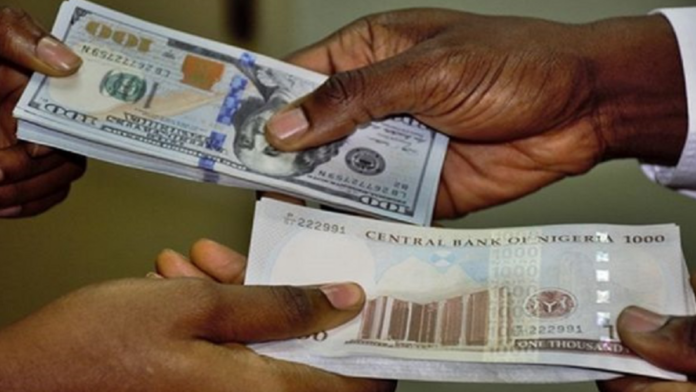In Africa, there is a nation that has been caught amid fascinating economic experiments. A place where the exchange rates danced to different rhythms. Where the line between foreign exchange rate and exchange rate systems blurred, and where distinct segmented markets, economic policies, and national priorities weaved together a patchwork of economic downturns. That nation is Nigeria. And one of those experiments is the changes to the CBN exchange rate and the floating of naira following a stringent exchange rate system.
For decades, Nigeria alternated two foreign exchange rates(fixed and floating) in a multiple exchange rate system. All the while leaning more toward the fixed regime. Creating opportunities for every segment of the market to have its exchange rate; parallel, official, etc. Of course, the black market or parallel rates were always more favorable to BDCs, as opposed to the official CBN exchange rate.
Throughout history, this has stirred some controversy as the naira devalued. Many Nigerians turned to these parallel markets. And the World Bank, as well as other multilateral financial organizations encouraged the Central Bank to unify its exchange rate on several occasions.
Now, years after their rigid stance on not unifying the rates, the Central Bank of Nigeria has officially announced that the naira will float freely in the Nigerian Foreign Exchange market(NFX). There will no longer be multiple exchange rates, since this encouraged arbitrage, and volatility, among other economic challenges. Instead, the NFX market will operate a uniform single exchange rate. But how did this system come to be after CBN’s obstinate determination to pursue a fixed exchange rate over the years?
Official Press Release Of CBN Exchange Rates:

In a press release, CBN outlines significant changes aimed at streamlining and enhancing the operations of the Nigerian Foreign Exchange Market. These changes include the consolidation of segments. Adoption of the “Willing Buyer, Willing Seller” model, Determination of rates based on executed transactions. Elimination of trading limits on oversold positions. Re-introduction of order-based two-way quotes, implementation of an Order Book, and revised trading hours.
According to CBN in their statement, all market participants and the general public are to adhere to the changes made to the operations in the Nigerian Foreign Exchange (FX) Market.
- Abolishment of segmentation. All segments are now collapsed into the Investors and Exporters (I&E) window. Applications for medicals, school fees, BTA/PTA, and SMEs would continue to be processed through deposit money banks.
- Re-introduction of the “Willing Buyer, Willing Seller” model at the I&E Window. Operations in this window shall be guided by the extant circular on the establishment of the window, dated 21 April 2017, and referenced FMD/DlR/ClR/GEN/08/007. All eligible transactions are permitted to access foreign exchange at this window.
- The operational rate for all government-related transactions shall be the weighted average rate of the preceding day’s executed transactions at the I&E window, calculated to two (2) decimal places.
- Proscription of trading limits on oversold FX positions with permission to hedge short positions with OTC futures. Limits on overbought positions shall be zero.
- Re-introduction of order-based two-way quotes, with bid-ask spread of N1. All transactions shall be cleared by a Central Counter Party (CCP).
- Reintroduction of Order Book to ensure transparency of orders and seamless execution of trades.
- The operational hours of trades shall be from 9am to 4pm, Nigeria time.
- Cessation of RT200 Rebate Scheme and the Naira4Dollar Remittance Scheme, with effect from 30 June 2023.



